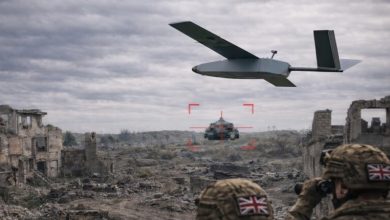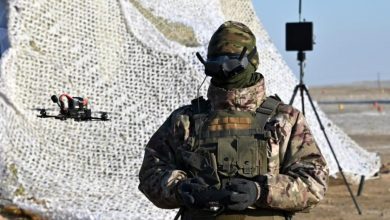Report: Taiwan reports increased Chinese military activity

The Ministry of National Defense of the Republic of China (ROC) reported on X (formerly Twitter) that it had detected 30 People’s Liberation Army (PLA) aircraft and 8 People’s Liberation Army Navy (PLAN) vessels operating around Taiwan by 6 a.m. (UTC+8) today.
Of the detected aircraft, 19 crossed the median line and entered Taiwan’s northern, central, southwestern, and southeastern Air Defense Identification Zone (ADIZ).
This latest incident is part of a series of provocations by China, which has increased its military activities around Taiwan. These activities include regular air and naval incursions into Taiwan’s ADIZ and military exercises near the island.
In July alone, Taiwan’s Ministry of National Defense (MND) has detected Chinese military aircraft 65 times and naval ships 20 times. Since September 2020, China has intensified its use of gray zone tactics by increasing the number of military aircraft and naval vessels operating around Taiwan.
Taiwan has been governed independently of China since 1949. However, China considers Taiwan as part of its territory and insists on eventual reunification, by force if necessary.
The international community has expressed concern over the escalating tensions in the Taiwan Strait. The United States, among other nations, has reiterated its commitment to supporting Taiwan’s self-defense capabilities.
China’s increased military activities around Taiwan underscore the fragile security situation in the region.





